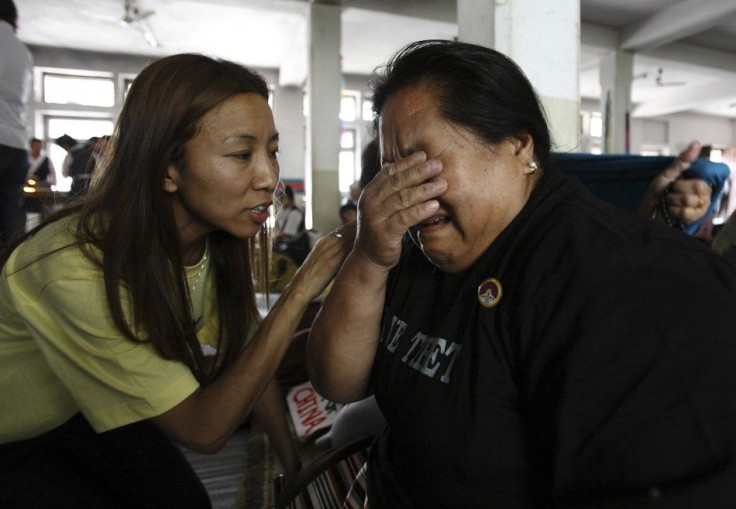Tibetan Nun Self-Immolates to Protest Chinese Rule

A Tibetan Buddhist nun burned herself to death on Monday to protest Chinese rule of her country, as the wave of self-immolation continues in the Himalayan mountain nation.
A total of nine Tibetan clergy have now set themselves alight this year – seven in just the last month.
According to Free Tibet, a London-based campaign group, Tenzin Wangmo, aged only 20, was the first woman to commit a suicide-protest against Beijing’s domination of Tibet. She apparently cried out in the name of religious freedom and called for the return of the Dalai Lama, the former Tibetan spiritual leader living in exile in India, before setting herself on fire.
The latest suicide occurred near the Kirti monastery in the Aba prefecture – an ethnic Tibetan part of China’s Sichuan Province which borders the Tibetan Autonomous Region, Free Tibet said.
Stephanie Brigden, director of Free Tibet, told media: The unrest in Tibet is escalating and widening. The number and frequency of self-immolations is unprecedented. Information from Tibet suggests there are more who are willing to give their lives, determined to draw global attention to the persistent and brutal violations Tibetans suffer under Chinese occupation.
Brigden also added: The acts of self-immolation are not taking place in isolation, protests have been reported in the surrounding region and calls for wider protests are growing.
Free Tibet reported that security forces shot two Tibetans in Sichuan on Sunday.
Brigden told Britain’s Daily Telegraph newspaper that large numbers of Tibetans in the capital city of Lhasa are planning to attend temple services on Wednesday to express solidarity with their comrades who have given up their lives.
“This indicates that news of the protests is broadening and is widely understood,” Brigden said.
According to Free Tibet, the new Tibetan leader in exile, Lobsang Sangay, made the following statement on the recent self-immolations: “The incidents are a clear indication of the genuine grievances of the Tibetans and their sense of deep resentment and despair over the prevailing conditions in Tibet. It is therefore of the utmost urgency that every possible effort be made to address the underlying root causes of Tibetan grievances and resentment.”
Tibet has been under a massive security crackdown by Chinese government forces for over the past three and a half years.
New York-based Human Rights watch (HRW) said that Chinese security forces have acted with brutality in their clampdown in the Aba prefecture, including detention of monks, security raids, and upgraded surveillance and police presence in monasteries.
China vociferously rejects any foreign interference regarding Tibet, prohibiting any journalists or foreign monitors from going into the remote area.
The Beijing government has criticized the acts of self-immolation, as well as the behavior of foreign-based Tibetan rights groups.
“They publicly played it up, spread rumors and incited more people to follow suit, a Foreign Ministry spokesman said in Beijing.
China has controlled Tibet for over sixty years.
© Copyright IBTimes 2024. All rights reserved.











